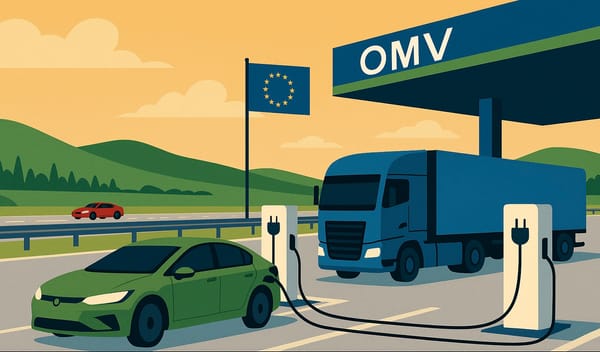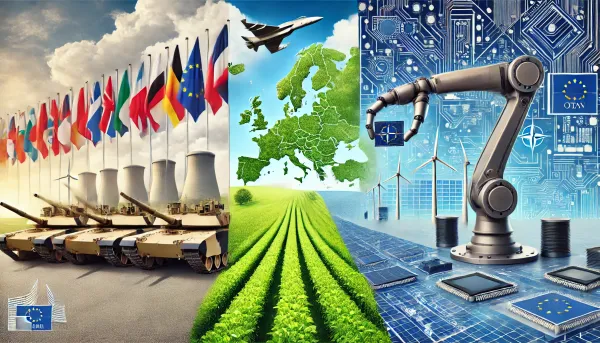
Budapest holds fourth climate summit
The fourth Budapest Climate Summit on December 4, brought together over 40 speakers from 25 countries to discuss climate change challenges and opportunities in Central and Eastern Europe (CEE).
At the summit, Attila Steiner, Hungary’s State Secretary of Energy and Climate Policy, spoke about Hungary’s achievements in reducing GHG emissions and the government’s support for transitioning from fossil to green energy.
Diana Urge-Vorsatz from the Intergovernmental Panel on Climate Change (IPCC) emphasised missed opportunities but also opportunities for change, when she presented the IPCC’s 6th assessment report.
Hungary’s Ministry of Agriculture and MBH Bank signed an agreement on joint action on ten Hungarian national parks. Andras Puskas from MBH Bank discussed the “Sustainable Future Bank” programme and its alignment with Hungary’s climate goals.
Corporate leaders have their say
Antonella Sopranzetti, Director, Government Relations and Advocacy Europe, Low Carbon Solutions/Upstream of ExxonMobil, addressed energy demand and the need for diverse energy types. “All energy types are vital to a prosperous lower-emission future. Renewable energy will grow, but oil and natural gas are still projected to be critical to meet the world’s needs.
“Achieving net-zero emissions will require the adoption of constructive policies, new technologies and market-driven mechanisms,” Sopranzetti said, local media reported. The outlook predicts that global energy demand to grow 15% by mid-century, she noted.
Matt Simister, Central European CEO of Tesco, spoke about the UK firm’s sustainable business goals and the implications of green transition for the retail sector as a whole.
Hungary cut GHGs since regime change
Hungary was keen to underline its reduction of greenhouse gas emissions (GHG) by 37% since 1990 and an increased emission reduction target for 2030.
Discussions also focused on sustainable investment in climate change mitigation and the potential of small modular reactors (SMRs) for energy security.
The summit highlighted the need for flexibility in regulatory environments and the importance of technology neutrality to achieve net-zero emissions goals
COP28 ends Tuesday
The COP28 United Nations Climate Change Conference, from 30 November until 12 December 2023, has significant implications for CEE, emphasising the need for rapid and effective action against climate change, with a focus on reducing greenhouse gas emissions and transitioning to renewable energy sources.
CEE countries, often heavily reliant on fossil fuels, face unique challenges and opportunities in this transition. COP28’s outcomes will likely influence policy directions in these countries, driving investment in green technologies and shaping environmental regulations.
The conference also underscores the importance of international collaboration to achieve global climate goals, which is particularly relevant for CEE nations as they balance economic growth with environmental sustainability.





